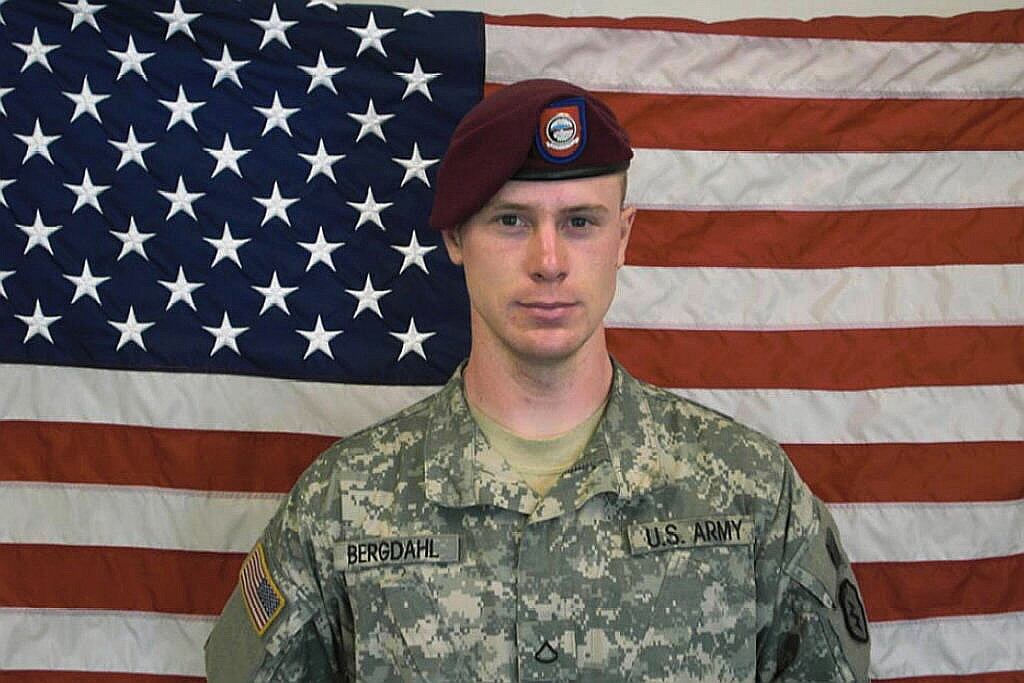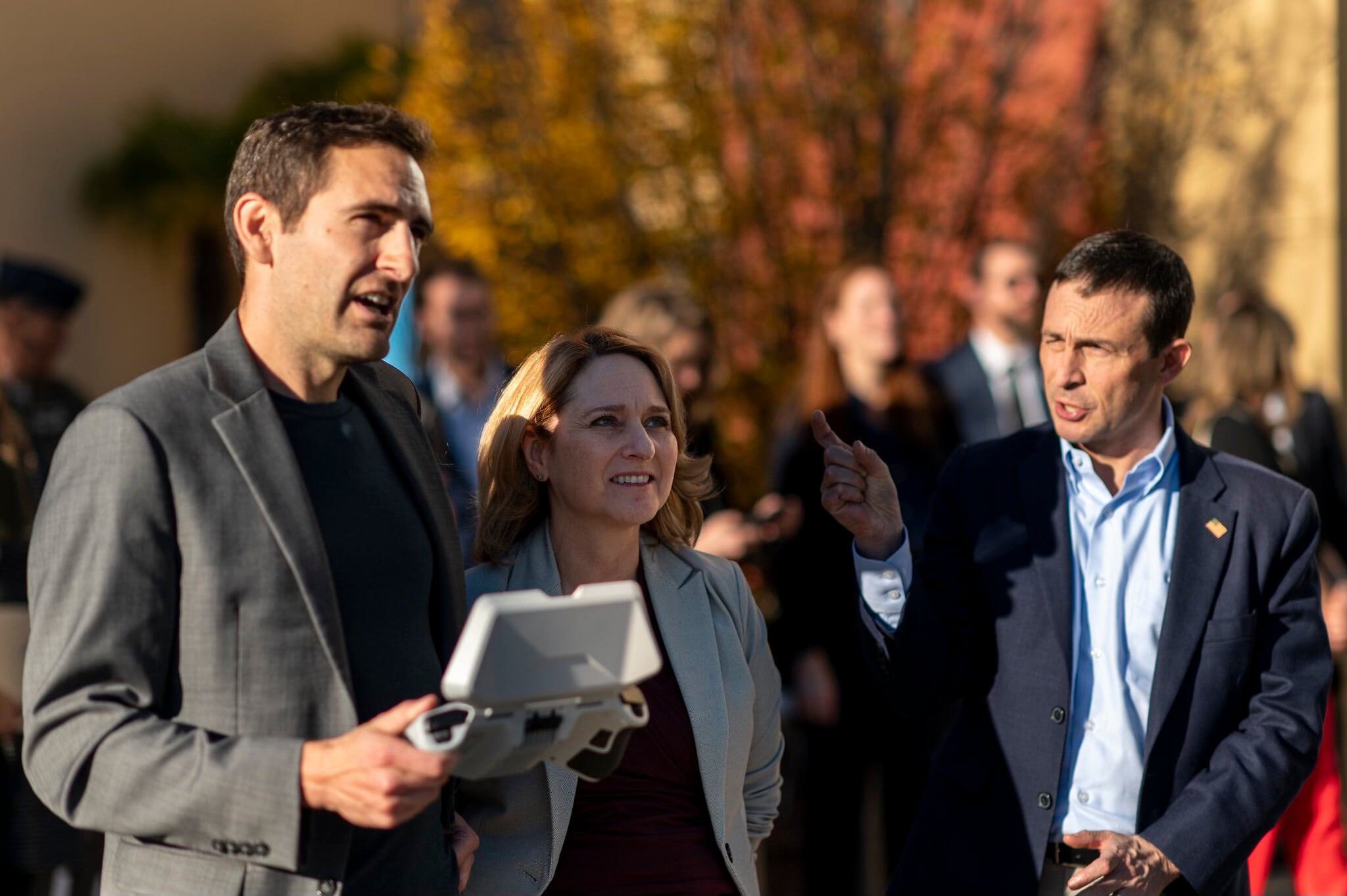This segment is the first in a series discussing Sgt. Bowe Bergdahl's case, including the many personnel and management issues involved, as it's examined in the podcast "Serial."
It's one of the biggest questions reverberating in Sgt. Bowe Bergdahl's silence since he was rescued in 2014 after five years of Taliban imprisonment: Why did Bergdahl vanish from his post that night in 2009? The Army sent a clear message Monday of its plan to find the answer to that question, announcing that Bergdahl has been recommended for trial by general court-martial. Bergdahl is charged with desertion and misbehavior before the enemy and could face life in prison.
But even before that latest development, we started to hear some answers from the soldier himself, in the form of taped conversations with filmmaker Mark Boal airing this season on the hugely popular podcast "Serial."
Season 2 of "Serial" promises to dig deeper than just what we've seen reported about Bergdahl in the media and in the harsh, vitriolic judgments that have followed. The podcast's producers assure us it goes further than that, a promise that gains early traction as we hear in the first episode that at least one reason Bergdahl says he left his post was to draw attention to poor leadership and mismanagement he witnessed in the military.
"I think the emotion and the anger and the rage are so a part of this experience and this story…and certainly Bowe has a story to tell, but it's not just Bowe's story," "Serial" executive producer Julie Snyder said in an interview with Federal Times. "This affected a lot of people and happened to a lot of people, and we talked to a lot of people that have really significant parts of this story to tell. And that's the full story we want to tell, the one that goes beyond just one person's experience, beyond just the shouting punditry where this story has lived for a while."
In the opening episode, Bergdahl acknowledges his actions could land him a long sentence in military prison as he launched his plan to create a "DUSTWUN," or a radio distress call short for duty status whereabouts unknown, issued when a soldier goes missing in combat or is taken captive.
"What I was seeing from my first unit, all the way up into Afghanistan…was basically leadership failure to the point that the lives of the guys standing next to me were literally, from what I could see, in danger of something seriously going wrong and somebody being killed," Bergdahl says in one of the taped interviews. "As a private first class, nobody is going to listen to me."
Hence the DUSTWUN scheme – which he admits was accompanied perhaps by some illusions of grandeur, of proving he could be a Jason Bourne-type super soldier. Around this point in the episode, host Sarah Koenig points out Bergdahl's versions of event are a significant juncture in conflicting stories – he could be making it up, as plenty of people claim and believe, or "he could be expressing the genuine beliefs of a whistleblower."
In the series, it's indicated that Bergdahl may not have been aware of the proper channels for reporting wrongdoing or mismanagement. From his extremely remote outpost in Afghanistan – where there was constant sickness, no running water or electricity and soldiers burned all their waste in a so-called "pit of hell" – it could have been that much more difficult even if he did know, as the first episode suggests.
As "Serial" unfolds, expect to see the series' investigative team continuing to pull that thread – whistleblowing, the command structure and reporting practices for wrongdoing – Snyder hinted.
"I'd say we're going further down that path. I have a feeling it's something people in the military are familiar with, but as a civilian it was the tightness of the chain of command that I don't think we fully appreciated. You might know it in a systems way, but once you see it in an operational way and the reasons and what it's accomplishing – it's fascinating," Snyder said. "This is a world we're just getting into."






